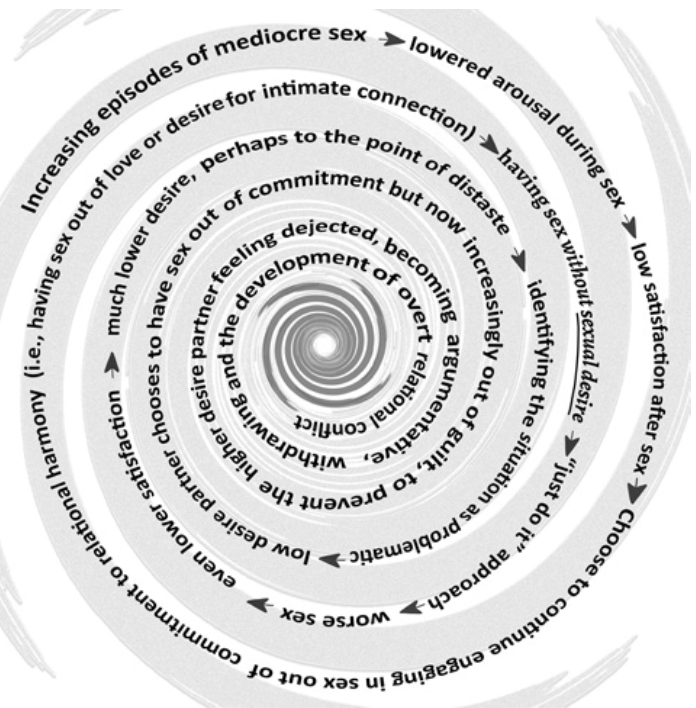Infidelity Recovery

Infidelity can shake the very foundation of a relationship, leaving behind shock, anger, grief, and mistrust. Both partners often carry deep pain the one who feels betrayed may question everything they thought they knew, while the partner who strayed may struggle with guilt, shame, or fear of losing the relationship.
Healing after infidelity isn’t easy, but it is possible.
Infidelity can be defined as any third party that was not consented to by both partners entering the relationship. This doesn’t always have to be a “who” — it can also be a “what”: social media, texting, gambling, pornography, or addiction can all become breaches of trust that create just as much hurt as a physical affair.
In therapy, you’ll have space to process what happened, understand the layers of hurt, and begin rebuilding trust step by step. Recovery doesn’t mean forgetting — it means deciding whether, and how, to create a new foundation that feels stronger, more honest, and more connected than before.
Improving Communication

So many couples get stuck in cycles of miscommunication, repeating the same arguments, talking in circles, or shutting down because it feels like you’ll never be heard. Sometimes it’s the small daily disagreements that pile up, and sometimes it’s the big conversations that feel impossible to have.
It can feel like you’re having two different discussions, as if you’re speaking two different languages, or like you’re not being talked with but talked at. When that happens, frustration builds, walls go up, and the distance between you grows wider.
Therapy helps couples slow down and truly listen, creating space where both partners feel understood instead of dismissed. Together, we’ll work on breaking old patterns, learning to express needs without blame, and responding with empathy and respect.
Better communication doesn’t just end fights — it creates a deeper sense of partnership and trust that makes your relationship stronger.
Growing Families

Becoming parents or expanding your family can be both joyful and overwhelming. The first three years of raising children are especially tough, sleepless nights, new responsibilities, and shifting roles can take a toll on even the strongest couples. It’s easy to lose the “us” in the middle of diapers, schedules, and constant demands.
Growing your family can also bring unique challenges beyond the day-to-day. Infertility, pregnancy loss, or infant loss can leave couples grieving, hurting, and unsure how to support one another in such different ways. For others, blending families with bonus kids introduces layers of adjustment, learning to parent together, managing co-parenting with ex-partners, and creating a sense of unity.
Couples therapy offers a place to reconnect in the middle of these transitions. You’ll have space to talk openly about expectations, grief, changes in identity, and the stress that comes with parenting and family growth.
The goal isn’t just to survive this season, it’s to build a partnership that feels supportive, loving, and strong enough to carry you forward as a team.
Reconnecting

Over time, it’s common for couples to feel more like roommates than partners. Between work, kids, stress, and routines, it’s easy for intimacy, laughter, and joy to quietly slip to the background. You may still love each other deeply, but feel more like you’re passing by than truly connecting. Conversations might revolve around logistics instead of dreams, and the spark you once had can feel distant.
Disconnection doesn’t always mean there’s conflict — sometimes it’s the silence, the going through the motions, or the sense that your partner doesn’t “see” you anymore. You might find yourselves missing the fun, closeness, and friendship that used to come naturally.
Therapy offers a chance to slow down and rediscover each other.
Together, we’ll work on rebuilding the friendship at the heart of your relationship, creating space for intimacy and joy, and finding new ways to share life as partners, not just co-managers of responsibilities.
Reconnection isn’t about recreating the past — it’s about building a relationship that feels alive, supportive, and fulfilling in the present.
ADHD & Anxiety

When one partner lives with ADHD and the other with anxiety, the relationship can feel like a tug-of-war. The partner with ADHD may struggle with focus, follow-through, or impulsivity, while the partner with anxiety may crave structure, planning, and reassurance. What feels normal to one can feel overwhelming to the other — leading to misunderstandings, frustration, and cycles of conflict.
These differences often show up in how you communicate. One partner may talk quickly, think out loud, and process verbally, while the other may need time to reflect and organize thoughts before responding. Without understanding, these opposite styles can leave both partners feeling unheard, rushed, or dismissed.
This dynamic is more common than many couples realize, and it doesn’t mean the relationship can’t thrive.
In therapy, we’ll work on understanding how ADHD and anxiety impact your interactions, building communication strategies, and finding ways to balance flexibility with structure.
Together, we’ll shift the focus from blame to teamwork helping you see each other not as the problem, but as partners navigating differences with compassion.
We will work towards complimenting each other’s strengths instead of trying to change each other into someone you are not. The goal isn’t to erase ADHD or anxiety — it’s to create a relationship where both partners feel supported, understood, and deeply connected.
Intimacy

Intimacy isn’t just about sex, it’s about closeness, trust, and vulnerability. Over time, many couples find that stress, busy schedules, parenting, or unresolved conflict get in the way of feeling connected. Physical intimacy may decrease, emotional closeness may fade, and it can feel like you’re missing that spark you once had.
When intimacy begins to decline, couples often fall into what’s sometimes called the “sex death spiral.” One partner avoids intimacy out of stress, exhaustion, or fear of rejection, which leaves the other feeling unwanted and unseen. That hurt then creates even more distance, making intimacy feel pressured or unsafe. The longer this cycle continues, the harder it can feel to break free even though both partners long for connection.
A big part of intimacy is emotional intimacy — the sense of truly being known, accepted, and cared for by your partner. Without emotional closeness, physical intimacy can feel mechanical or disconnected. Therapy creates a space to rebuild emotional safety first, helping partners share openly, listen with empathy, and feel seen again.
From there, we can explore how to reconnect physically in ways that feel natural, playful, and authentic for both of you.
Rebuilding intimacy isn’t about going back to the “honeymoon phase” — it’s about creating a new rhythm of connection that blends emotional closeness and physical passion in a way that feels alive, sustainable, and deeply fulfilling.
